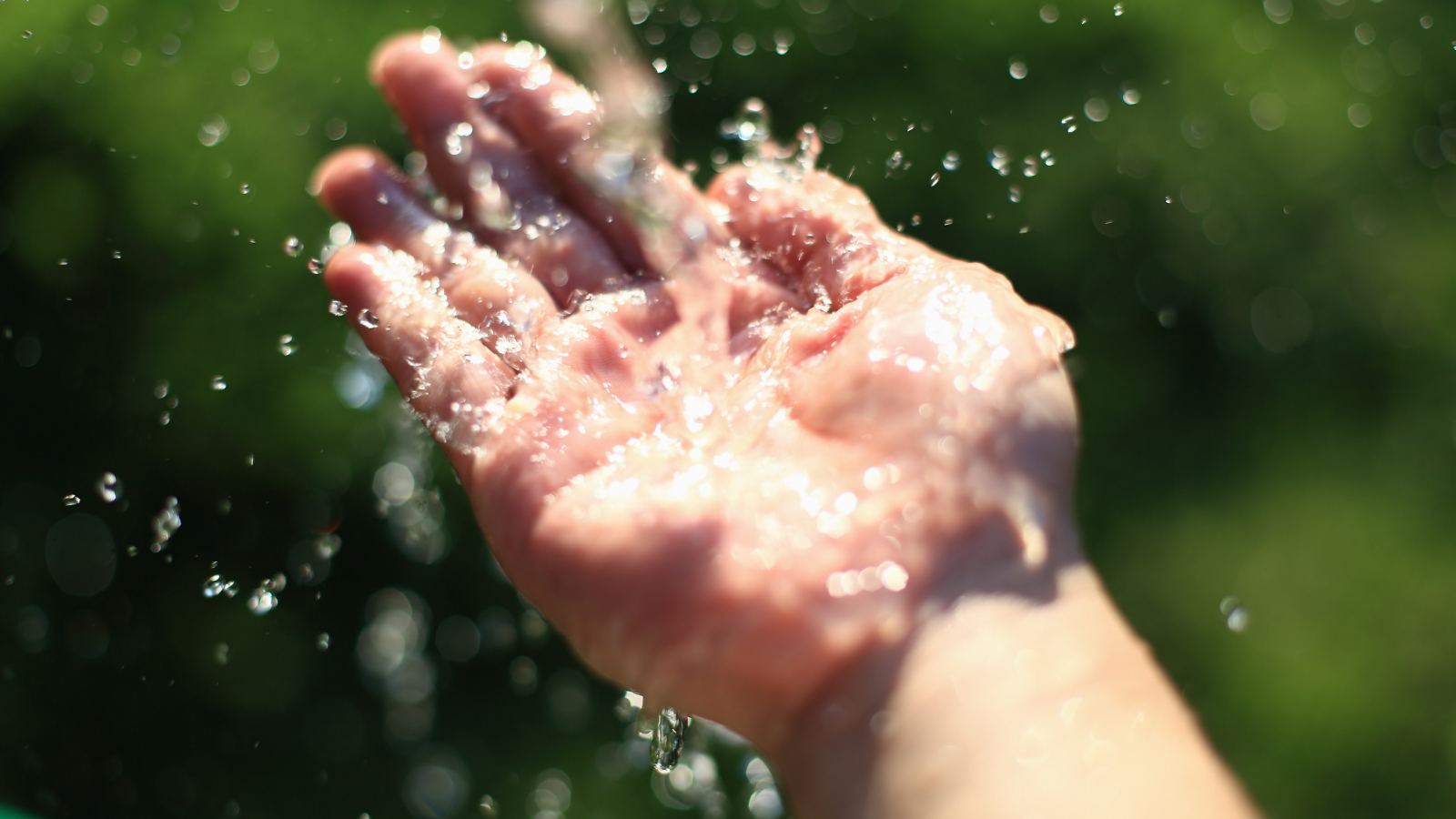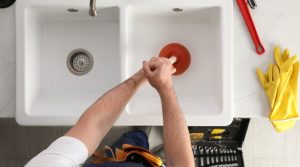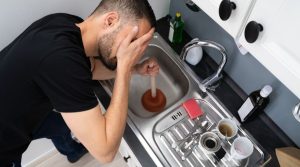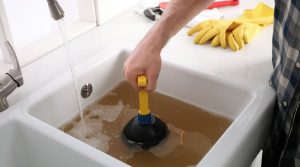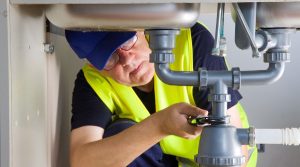In today’s world, where environmental sustainability is more important than ever, water conservation has become a key focus for homeowners looking to lessen their ecological impact. Conserving water protects our planet’s precious resources and helps reduce utility bills. By adopting effective water-saving practices, you can make a substantial difference. Here’s a comprehensive guide to essential water conservation tips and strategies to help you save water at home.
The CBJ Passaic Plumbers team is dedicated to promptly restoring your sewage lines in Passaic, NJ. Our advanced trenchless technology allows us to quickly replace damaged pipes with minimal disruption. Reach out to your local Passaic, NJ plumber to discover more about our efficient sewage line replacement and repair services!
Essential Water Conservation Tips
Conserving water means using it more efficiently to reduce waste. Implementing these practical changes can lead to significant improvements:
1. Fix Leaks Promptly: Leaky faucets and toilets potentially squander thousands of gallons of water per year. Regularly inspect your plumbing fixtures and repair any leaks immediately. Small drops might build up to substantial amounts waste over time.
2. Install Low-Flow Fixtures: Low-flow showerheads, faucets, and toilets are made to consume less water without sacrificing functionality. Switching to these fixtures can drastically cut your household’s water consumption.
3. Use a Broom Instead of a Hose: When cleaning driveways, sidewalks, and steps, use a broom instead of a hose. This small adjustment can result in huge cost savings water.
4. Water Lawns Wisely: To minimize evaporation, water your lawn early in the morning or late in the evening. When designing your landscape, choose drought-resistant species and think about a drip irrigation system to target water where it’s needed most.
5. Collect Rainwater: Set up rain barrels to capture Rainwater from your roof. This collected water can be used for irrigation, lowering your need on water from municipal sources, and promoting a sustainable water cycle.
Effective Strategies for Water Conservation
In addition to individual actions, broader strategies can enhance your water conservation efforts:
1. Educate Your Family: Ensure all household members recognize the significance of water conservation and its use water-saving habits. Awareness can lead to collective efforts and more effective conservation.
2. Monitor Water Usage: Regularly review your water bills and usage patterns to identify areas for improvement. Tracking your consumption helps you measure the impact of your conservation efforts and make necessary adjustments.
3. Upgrade Appliances: Invest in water-efficient equipment that use less water and energy than others, such washing machines and dishwashers older models. These upgrades contribute to long-term water and cost savings.
4. Implement Smart Irrigation Systems: Smart irrigation controllers Adapt watering schedules to the soil’s moisture content and the weather. This optimization ensures your garden gets the right amount of water, reducing waste.
5. Promote Sustainable Landscaping: Design your garden with water conservation in mind. Use natural plants that are climate-adapted for your area and incorporate mulch to retain soil moisture and reduce the need for frequent watering.
10 Practical Ways to Save Water at Home
Include these doable actions in your everyday schedule to conserve water effectively:
1. Shorten Showers: Limit your shower time to 5-10 minutes, and consider installing a water-saving showerhead to reduce water flow.
2. Turn Off the Tap: Don’t let the faucet run as you wash your hands, brush your teeth, or or doing dishes. Use a glass of water for rinsing instead.
3. Use Full Loads: Run your only when there are full loads in the dishwasher and washing machine to optimize water efficiency and reduce the frequency of washes.
4. Water the Garden Efficiently: To reduce water loss, watering should be avoided on windy days and should instead be done using a soaker hose or drip irrigation system through evaporation.
5. Cover Pools: Cover your pool to reduce evaporation and keep it clean. This minimizes the need for frequent refilling and helps maintain water levels.
6. Use a Dishpan: When washing dishes by hand, fill a dishpan with water instead of letting the tap run continuously. This method conserves water and makes washing more efficient.
7. Install a Low-Flush Toilet: Upgrade to a low-flush or dual-flush toilet to save water with each flush. These toilets use less water per flush compared to standard models.
8. Collect Cold Water: Before hot water reaches the tap, collect the cold water in a container. Use this water to water plants or clean to minimize waste.
9. Adjust Sprinkler Settings: Ensure sprinklers are not watering driveways, sidewalks, or streets. Adjust settings to focus solely on your garden and minimize overspray.
10. Replace Old Fixtures: To reduce water flow and improve efficiency, replace old faucets and showerheads with newer, more water-efficient models.
Conclusion
Water conservation is both a necessity and a responsibility for every homeowner. By integrating these water-saving tips and strategies as part of your regular activities, you help create a future that is more sustainable and enjoy reduced utility costs. Every drop counts and your efforts to conserve water will make a significant difference in preserving our planet’s most vital resource. Start today and lead by example—small changes can create a ripple effect towards a more water-conscious world.

